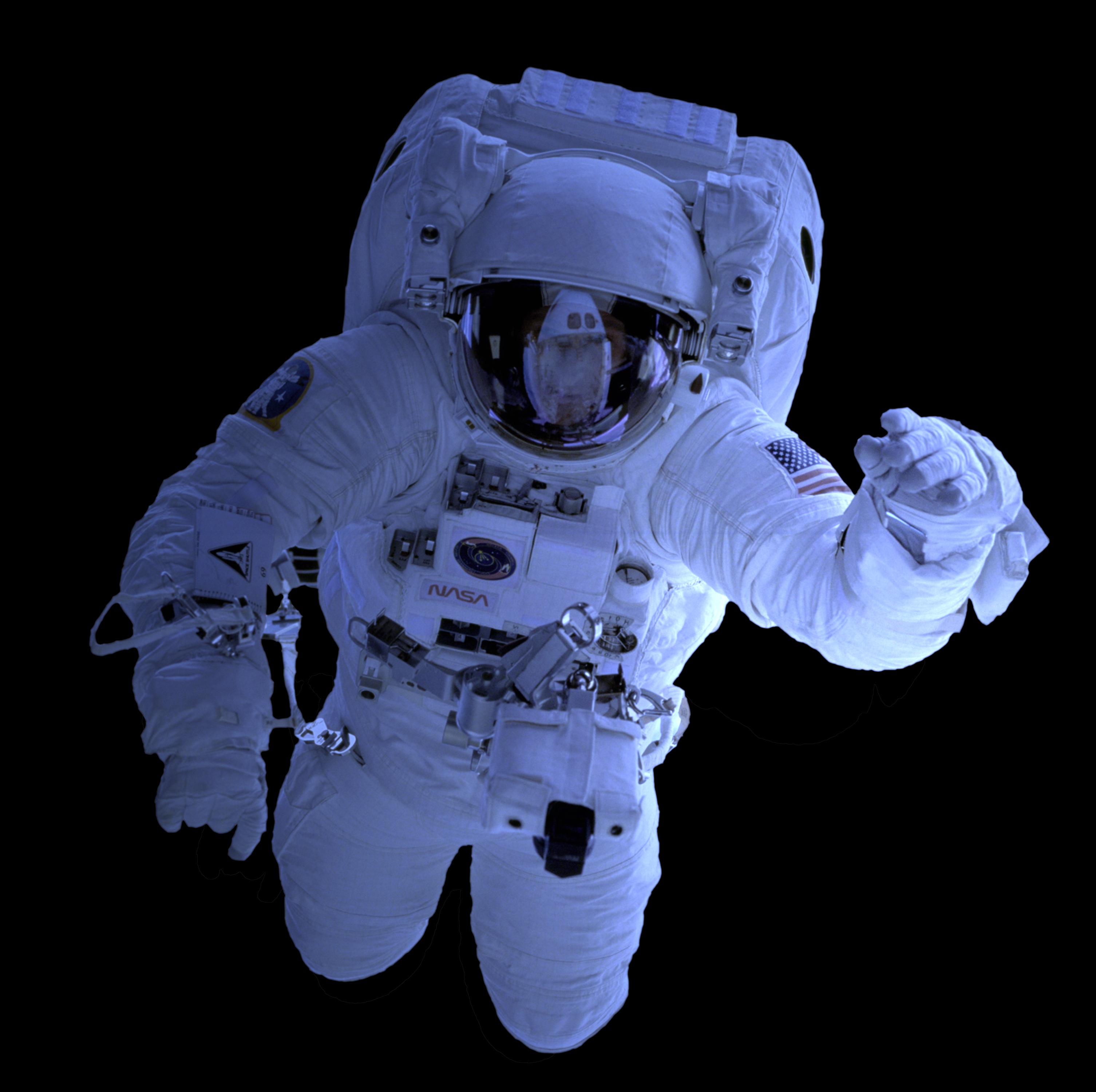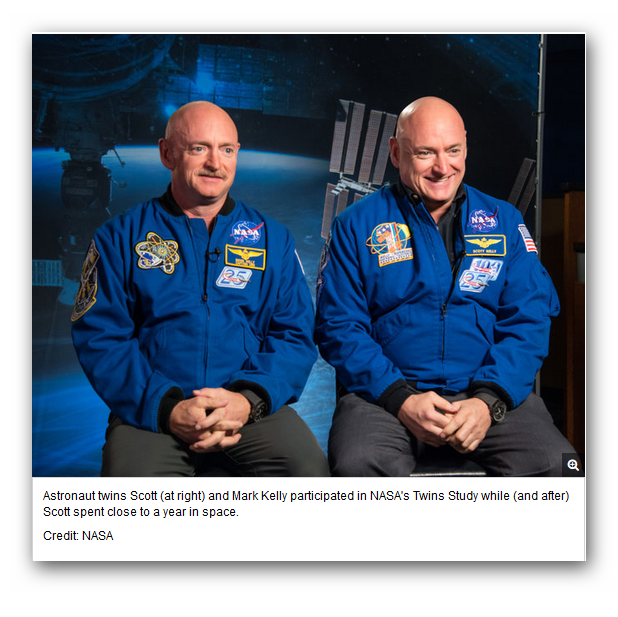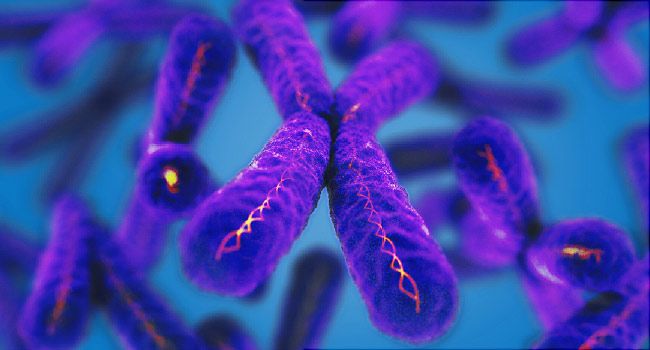Much Like A Sci-Fi Movie Astronaut Returns Home To Find HIS DNA CHANGED

Scott Kelly spent 340 days on the International Space Station in 2015 to 2016, along with Russian crew member Mikhail Kornienko.
The milestone flight was the longest single flight of any American, providing investigators an opportunity to see how human health changes in nearly a year.
Scott has a twin brother, Mark, who too flew as an astronaut (for a much shorter period of time): an undeniable advantage in searching for any DNA modification.
So while Scott flew on the International Space Station, investigators collected data from him and from Mark, who remained on the ground.

It is already established and widely known that bones and muscles weaken, fluids shift and in some cases, astronauts return with permanent eyesight changes, but The Twins Study went a step further, including surveying the brothers' genomes and collecting data on Scott and Mark's physical and psychological health.
In the case of Scott, some of the changes to his body disappeared only a few hours or days after landing, while some remained after six months.
Here are some of the major new findings:
Scott's telomeres — or the ends of chromosomes that shorten as people get older — got a lot longer in space.

This finding was known in 2017, but investigators confirmed it and also discovered that most of the telomeres got shorter again within two days of Scott's landing.
About 7 percent of Scott's genes may have longer-term changes in expression after spaceflight, in areas such as DNA repair, the immune system, how bones are formed, hypoxia (an oxygen deficiency in the tissues) and hypercapnia (excessive carbon dioxide in the bloodstream).
The other 93 percent of his genes quickly returned to normal.
Scott showed no significant cognitive performance decline in space after one year, compared with Mark or with typical astronauts who fly a six-month mission.
Investigators saw pronounced decreases in Scott's cognitive speed and accuracy after he landed, which can be caused by "re-exposure and adjustment to Earth’s gravity.
original article published at space.com
telomeres image credit webmd
Thanks for reading my post and please don't forget to follow, upvote and resteem.
Hi! I am a robot. I just upvoted you! I found similar content that readers might be interested in:
https://www.space.com/39952-nasa-twin-study-spaceflight-health-effects.html